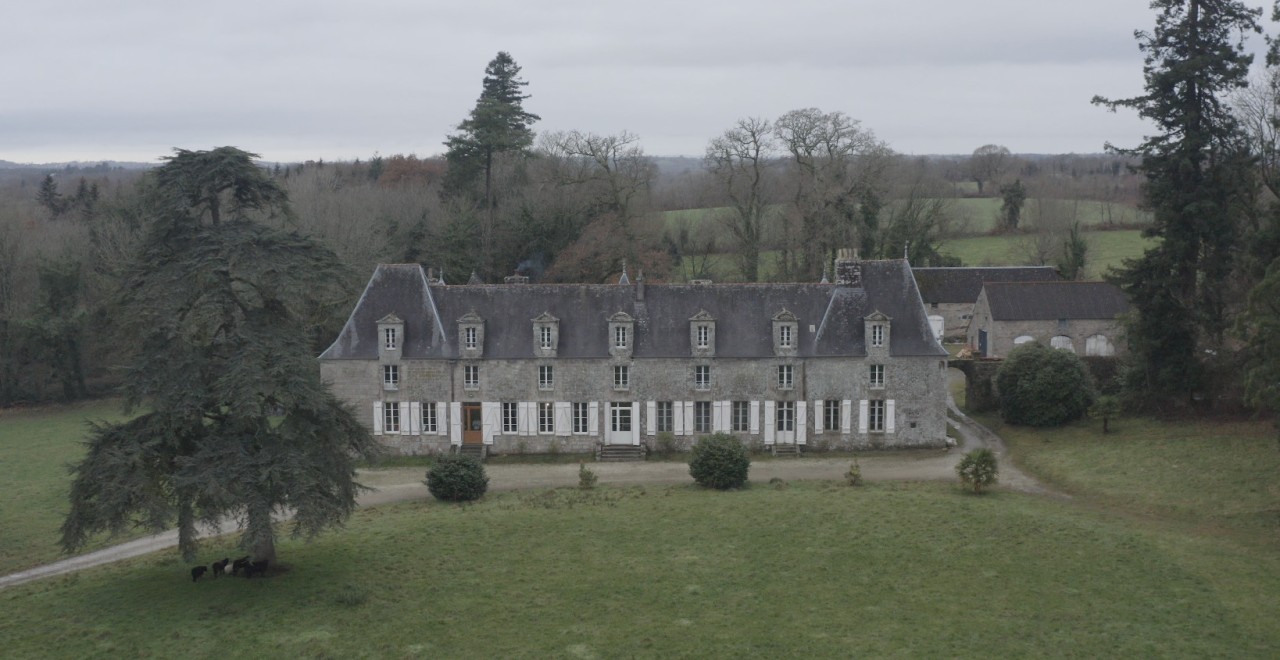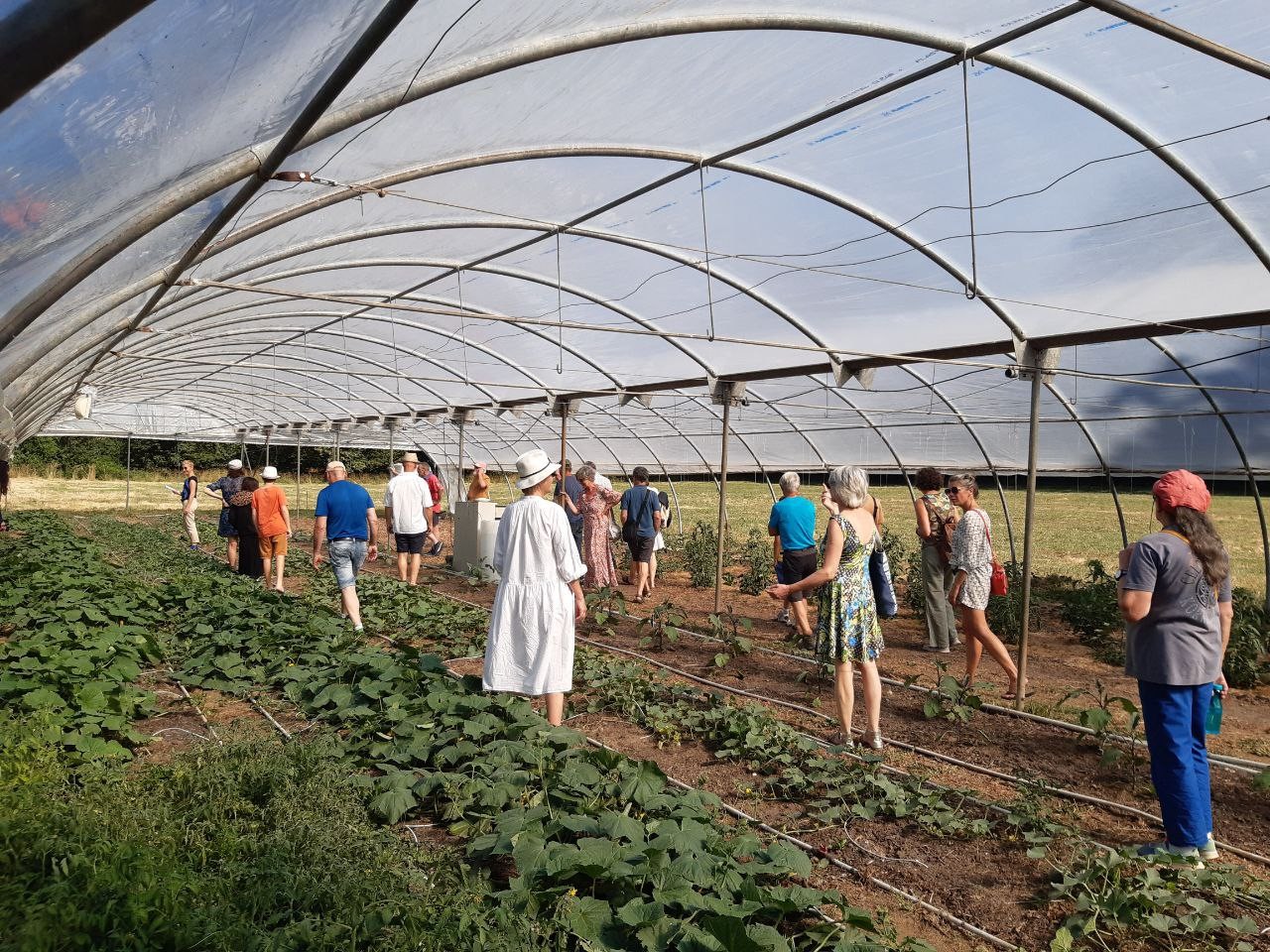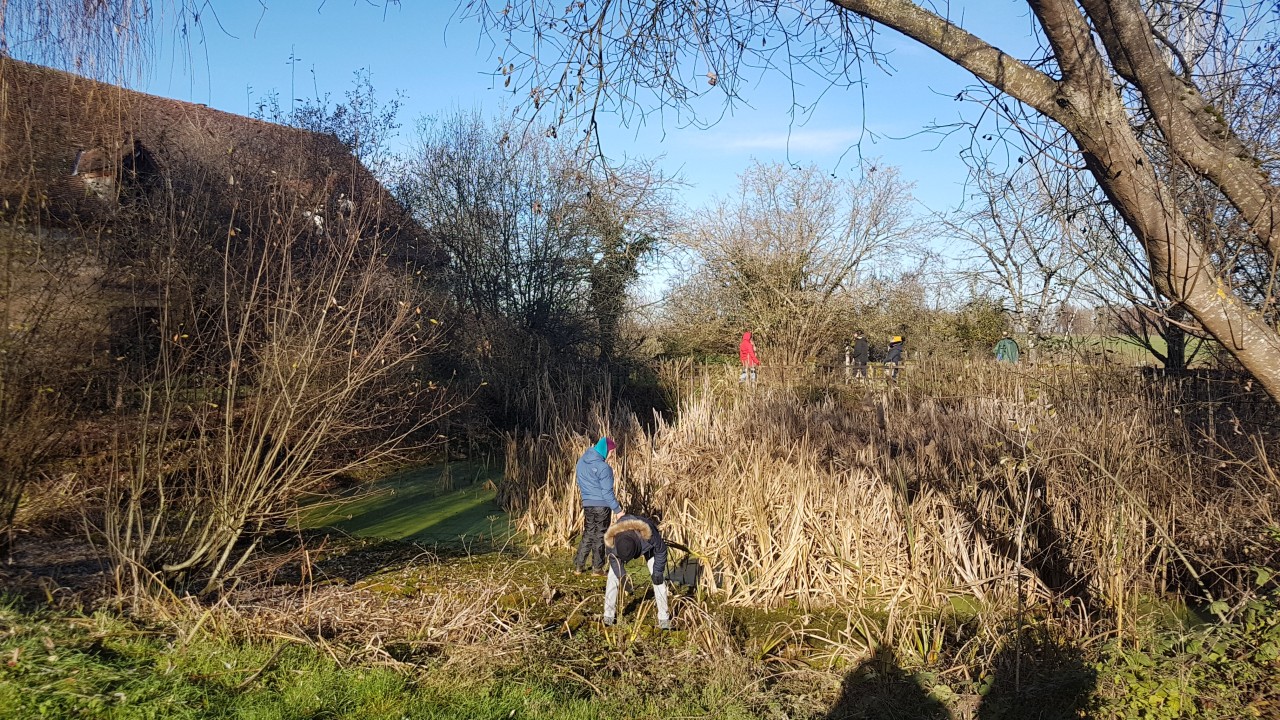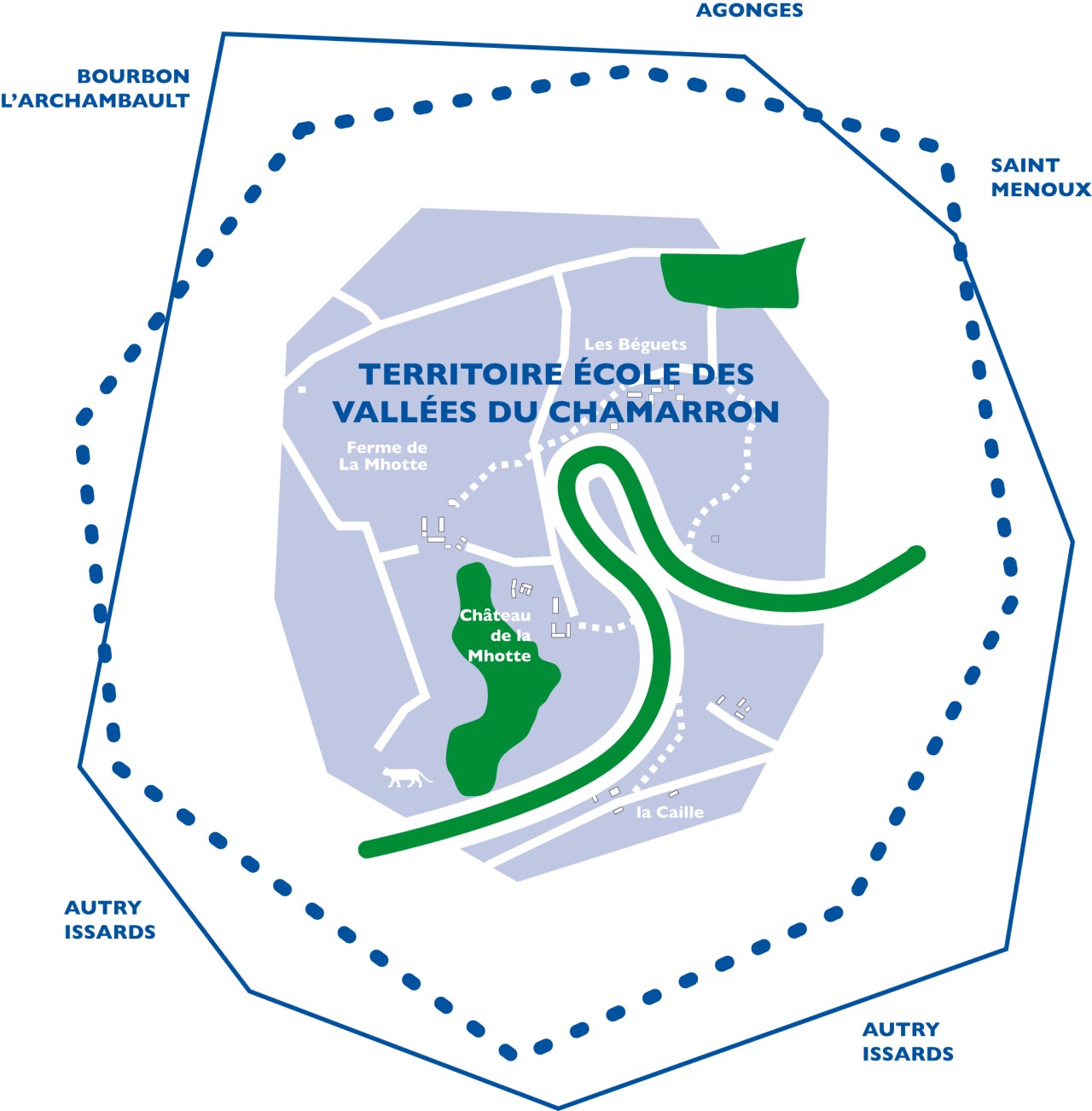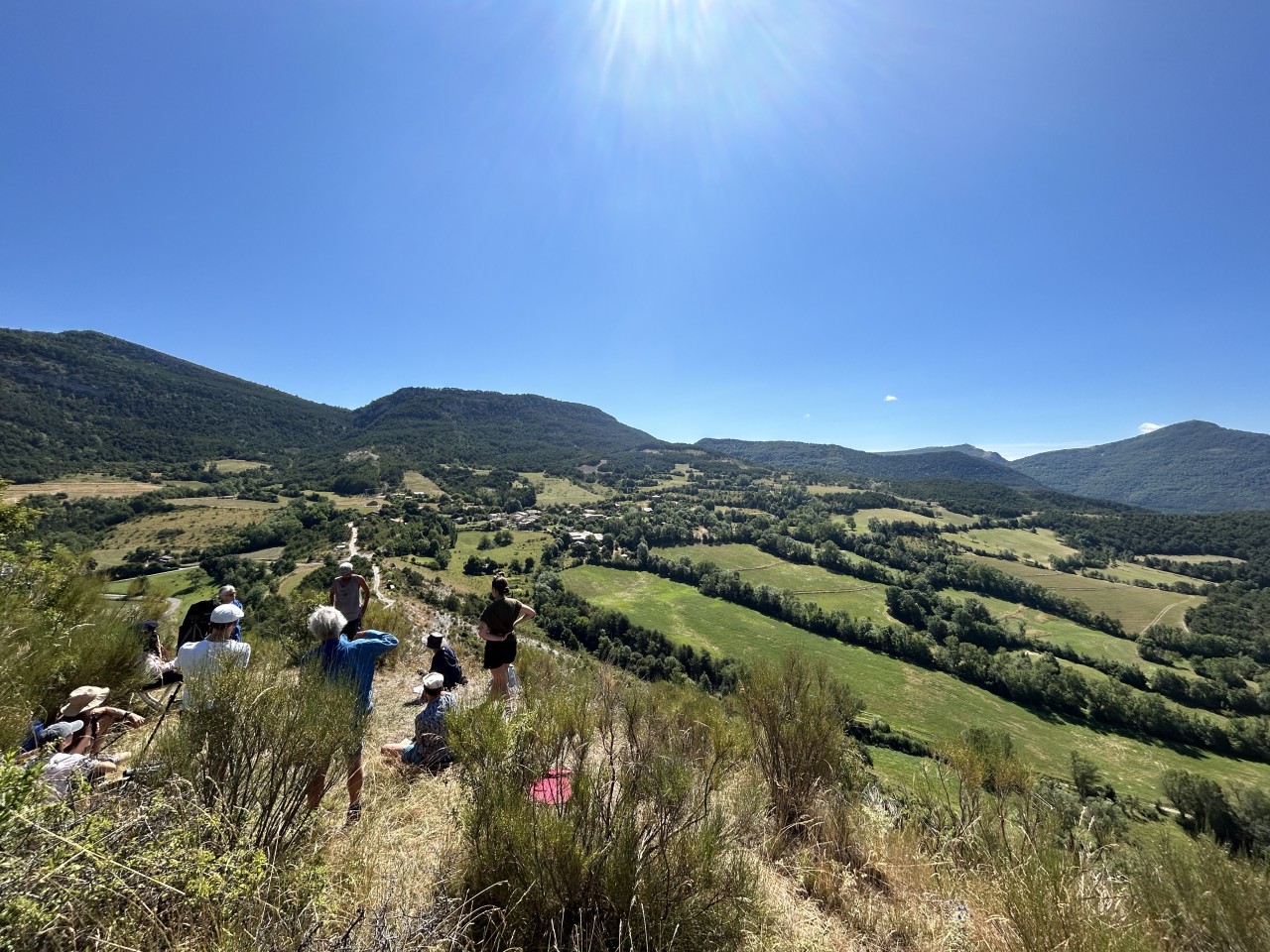Composing
plural skills
& singular milieux
In an increasingly turbulent and uncertain world, predictable models are collapsing, and organizations are struggling to project themselves.
Faced with this loss of reference points, the prevailing reflex is often to reinforce control: indicators multiply, procedures are formalized, action plans are locked down. This strategy, reassuring in the short term, is unsustainable. It increases collective tension and dries up the living dynamics that enable us to embrace complexity, deal with the unforeseen, and develop responses based on the diversity of perceptions, practices and forms of knowledge.
Our aim is not to apply pre-established solutions, but to design unique paths based on the composition of practices and environments. These paths are open to what may happen, and aim to develop the evolving capacities of collectives through shared experience. Transformation is posited as a shared intention, with no pre-determined end in view, and a commitment to emergence rather than to controlled change.
By fostering cooperation, mutual aid and trust, we see concrete effects on both the internal life of organizations and their relational ecosystems. By putting together cross-disciplinary teams tailored to specific needs, we provide the skills required for in-depth reflection on practices, postures, interpersonal skills and modes of commitment.
IASPAT works to preserve the habitability of living environments and practices, by supporting the transformation of organizations towards forms capable of taking on the ethical, ecological and political demands of our interdependence with other living beings.
Our approach in action
We support the emergence of new forms of collective engagement, starting from lived experience to reveal new perceptions, new questions, and renewed modes of action.
Our practices enable us to vary our modes of attention and relationship to ourselves, to others and to the world, broadening our collective sensibility and imagination. These devices are put to the test in a variety of contexts, and through their repetition, bring out effects of analogical intelligence on an "unknown scale", capable of linking separate domains and bringing out unexpected forms of meaning.
Partners
IASPAT works with key partners who share our vision and are committed to transformation.
School of Biodynamic Psychology
Now one of Europe's leading body-psychotherapy schools, accredited by the EABP (European Association for Body-Psychotherapy), it is committed to maintaining the spirit of openness and innovation, and the deeply human dimension that have made it such a success for over 35 years.
Quartier Rouge
An association founded in 2006 and based in Felletin, Creuse, which explores art's ability to shift and share representations of the contemporary world.
Michel Serres Institute
Interdisciplinary institute for research and reflection on resources and the commons, founded in 2012 under the patronage of philosopher and epistemologist Michel Serres. The institute is based in Lyon, where it enjoys a privileged partnership with the École normale supérieure.
Club of Rome
Platform of diverse opinion leaders who identify holistic solutions to complex global problems and promote political initiatives and actions to enable humanity to emerge from multiple planetary emergencies.
COAL
Since 2008, COAL has been supporting the emergence of a new culture of ecology and life through emblematic actions such as the COAL Prize, over a hundred exhibitions, territory programs, international cooperation and knowledge sharing.
Le Pas De Côté
Supporting the vitality of ecosystems, a pillar of our common health, with a collective of ecologists and facilitators, Le pas de côté offers spaces for education and dialogue between experts and local stakeholders, with the aim of improving the health of natural ecosystems, on which the health of our societies depends.
Practice milieux
In order to experiment with its unique transformative approaches, IASPAT has forged cooperative links with affinitive practice milieux: living ecologies of practice that generate their own conditions of existence.
Kerminy, a former seigniory in Cornouaille transformed into a residence for artists and researchers, with an experimental micro-farm.
Kerminy is a "place for agriculture in the arts", located in Cornouaille, South Finistère, Brittany, in a former 13th-century seigniory with chapel, washhouse, outbuildings and woods, in a 12.5-hectare former botanical park. A self-managed artists' and researchers' residence, Open, sits alongside an experimental market-gardening and fruit-growing micro-farm in mobile agro-pasture, hybridizing gentle agricultural and artistic techniques. This arts research field works on a system of self-sufficiency in food, techniques and energy through low-tech eco-creation practices.
Kerminy welcomes art professionals and the general public to discover, meet and work with (n). A PARK art trail in the landscape is renewed each summer to share ongoing artistic research, particularly in sound and somatics.
The Ferme de La Mhotte, located in the heart of the Bourbonnais bocage, brings together around twenty people who develop agricultural, brewing and artistic practices, and manage common areas.
La Ferme de La Mhotte is located in the heart of the Bourbonnais bocage, surrounded by meadows, livestock farms and woods. It is home to around twenty people, both residents and workers, who develop agricultural, brewing and artistic practices, and manage the farm's common areas together. Every year for the past ten years, La Ferme de la Mhotte has welcomed researchers, artists, designers and practitioners. The " écologies pirates " website bears witness to the investigations carried out by some of them.
La ferme de la Mhotte is part of a "territory school" with its neighbors: the Waldorf school at La Mhotte, the Foyer Michäel anthroposophical training center, biodynamic farms and other social and cultural initiatives (local currency, eurythmy school, etc.). Together, and with the wide diversity of practitioners involved, the territory-school experiments with a habitable world in the troubled and uncertain times of the Anthropocene.
GAEC de Montlahuc, a permacultural farming team using nature as a model for land management, production and lifestyles.
The GAEC de Montlahuc is made up of a team of farmers who have been working since 2012 to transition their farm to a permacultural territory. They are committed to an ecological and sustainable transition using, among other things, permaculture. With this philosophy, they take nature as their model and apply it to their land management, production and lifestyle as individuals.
Steering committee
The IASPAT has set up a steering committee to ensure the ethics and coherence of the approach, collaboration with partners and careful relations with practice milieux.
Patrick Degeorges is a philosopher-practitioner and consultant specializing in issues of sustainability and organizational transformation. He designs trans-disciplinary training courses and has considerable expertise in public policy on biodiversity, notably on cohabitation with protected predators.
Benoît Verjat is a research designer and researcher, exploring collective dynamics and practice environments. He works at the crossroads of design, the arts and the social sciences, and is involved in investigative and experimental projects for transformations.
François Lewin is a mind-body therapist and co-founder of the School of Biodynamic Psychology. He brings his expertise in psychotherapy and the transmission of healing practices, explaining complex realities in an accessible way.
Caroline Balley-Tardy is an urban planner, strategic facilitator and trainer, specializing in change processes for organizations and territories. Her expertise lies in collective dynamics, systemic and prospective approaches.
Isabelle Vercherat is a mind-body therapist and trainer. Her work focuses in particular on the fundamental needs of the young child, as well as on the themes of motherhood, parenthood and caring education.
Bastien Gallet is a philosopher, writer and publisher. His work covers philosophy of art, music and performance. He is also involved in the Pirate Ecology Laboratory at La Ferme de la Mhotte, one of IHEPAT's affinity practice environments.
Anaïs Roesch supports IASPAT in its structuring and the launch of its activities. A specialist in art and ecology, she co-piloted the "Decarbonizing Culture!" report and is currently researching artists' involvement in the field of ecology.




